Meditation tool instils calm at London Design Biennale
Metronome is an audio-olfactory installation that revives forgotten memories to instil inner calm, and is set to soothe the senses of London Design Biennale visitors
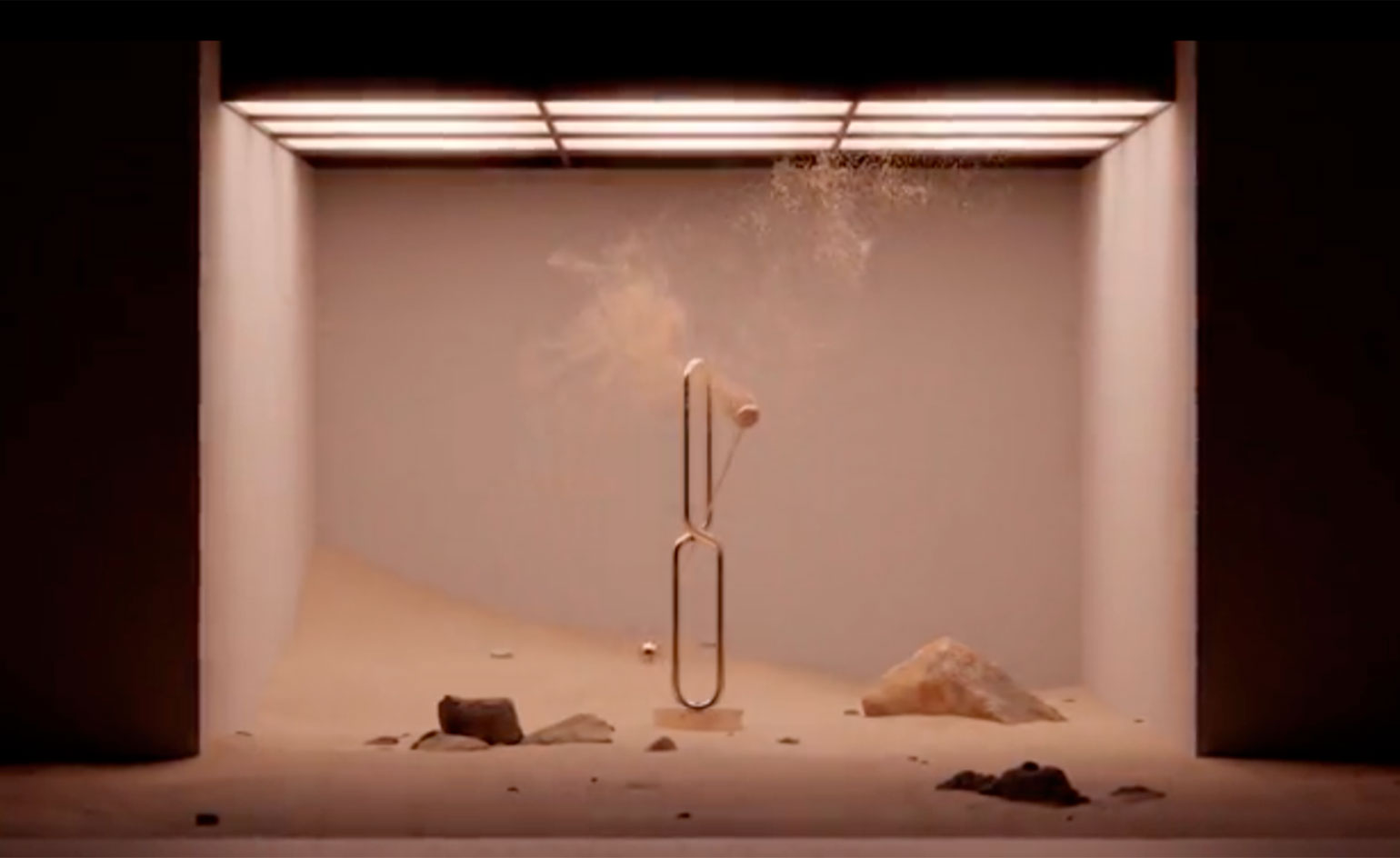
London Design Biennale (1-27 June) sees the debut of a new multi-sensory meditation tool. Entitled Metronome, the project marks the first collaboration between the curatorial agency Alter-Projects and French design studio Servaire & Co.
Inspired by the exploration of memory in Proust's In Search of Lost Time, Metronome is a madeleine made for the 21st century. In the same way the taste and smell of the delicate cake sends Proust's protagonist reeling into his forgotten past, so too does Metronome use audio-olfactory triggers to bring past experiences to the forefront of visitors' minds.
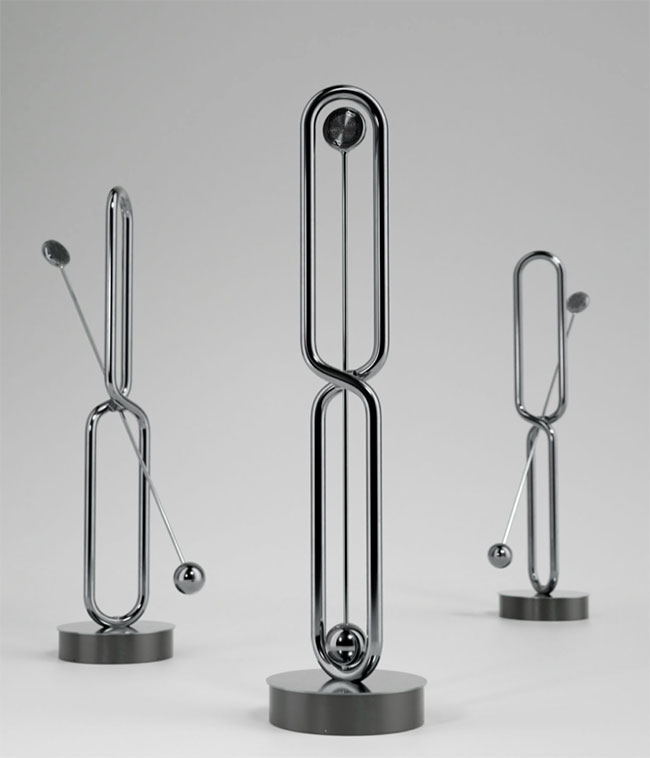
The centrepiece of the installation is a physical metronome, which is shaped like an infinity symbol and contains a swinging pendulum at its centre. A scent diffuser is attached to the end of the pendulum with a scent designed by Servaire & Co founder, Sebastien Servaire. Servaire, who has collaborated with Diptyque in the past, created what is, in his words, ‘an earthy scent with deeper notes of burnt wood, musk, grass and ginger, anchoring the visitor deep into nature and their primal emotions’.
‘The goal for Metronome was to create a scent that would initiate different reactions, memories and emotions – it's not about smelling good,’ says Servaire. ‘In general, fragrance is static, but this scent will be associated with the rhythm of the metronome. It is an olfactive allegory, a mysterious UFO; we are curious to see how visitors will react to it.’
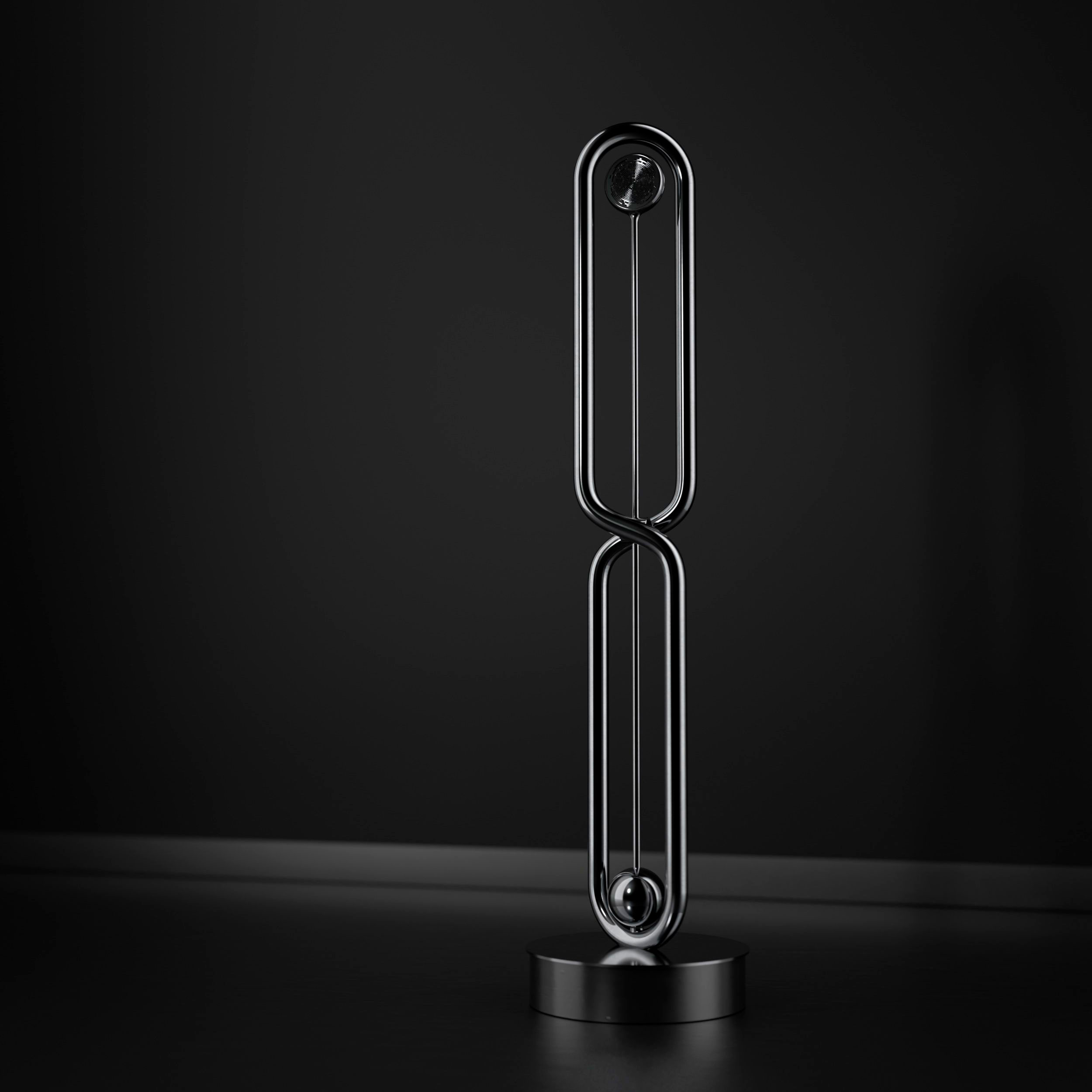
While the pendulum swings in the centre of the room, a sound experience – designed by the immersive soundscape creators at Moodsonic and delivered through a surround sound system developed by Steve Lastro and K-Array– is intended to trigger an autonomous sensory meridian response (ASMR). This is a tingling sensation, usually intitiated by sound, that typically begins at the scalp and moves down the spine, creating a feeling of bliss or relaxation.
‘The soundscape is designed to create an immersive experience that allows for a cognitive reset and a moment of reflection,’ say the team behind Metronome. ‘It is ASMR because of the use of specific sounds – ticking clock, water drops, tapping, crinkling – which are known to create tingles running through the back of people’s heads and their spines, as well as feelings of relaxation and peace.’
Metronome taps into the growing trend for sensorially immersive wellness experiences. As the forecasting study ‘Absent Beauty’ recently posited, the wellness culture of our post-pandemic society will be dominated by a desire for ‘physiological nostalgia’.
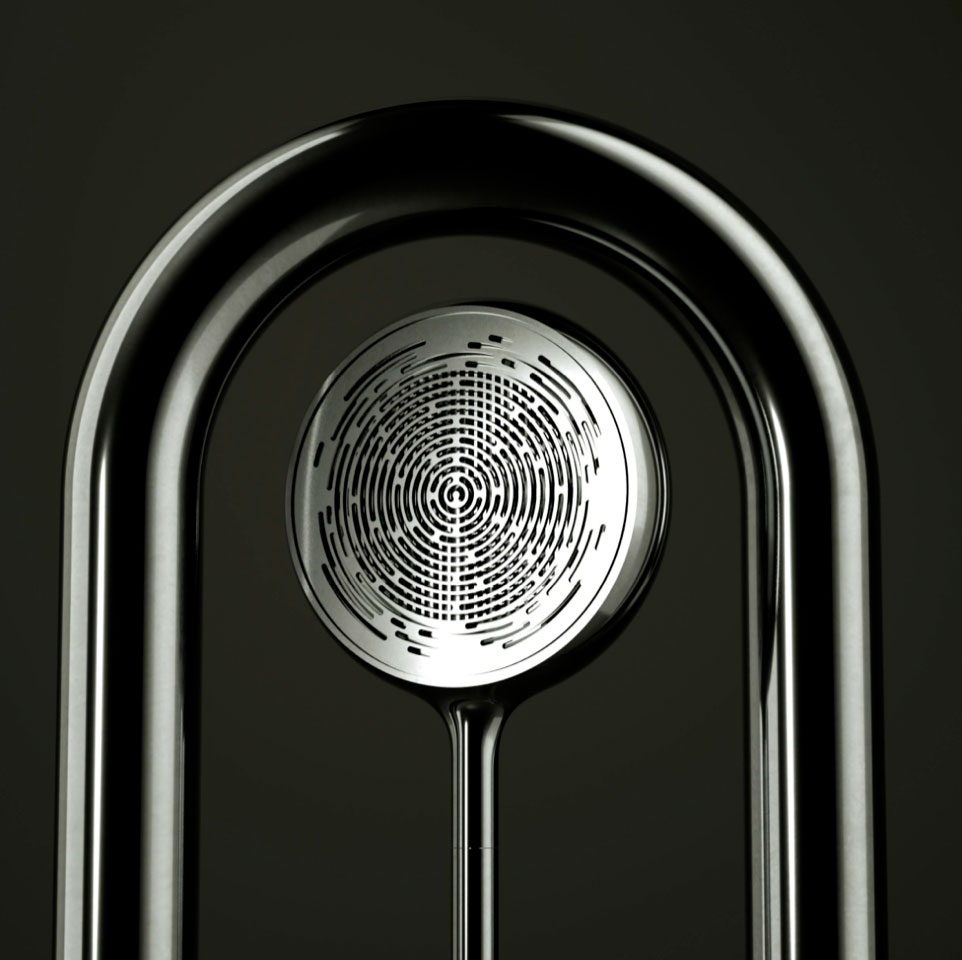
This novel form of self-care could see the emergence of domestic tools that engage users’ sense of touch, smell and hearing to trigger pleasurable memories and induce feelings of calm. In the words of ‘Absent Beauty’s author, Lucy Hardcastle, ‘physiological nostalgia uses neurological cognitive processes and memory dependence to challenge our brain functions – slowing down our cravings for newness by tuning us into solace’.
To see Metronome, then, is not only to experience an intriguing object of design but to glimpse our future. In our current reality, where physical touch is limited and screen-time is increased, people will almost certainly be searching for new ways to achieve tranquillity while being at home but off the screen.
INFORMATION
londondesignbiennale.com
Wallpaper* Newsletter
Receive our daily digest of inspiration, escapism and design stories from around the world direct to your inbox.
Mary Cleary is a writer based in London and New York. Previously beauty & grooming editor at Wallpaper*, she is now a contributing editor, alongside writing for various publications on all aspects of culture.
-
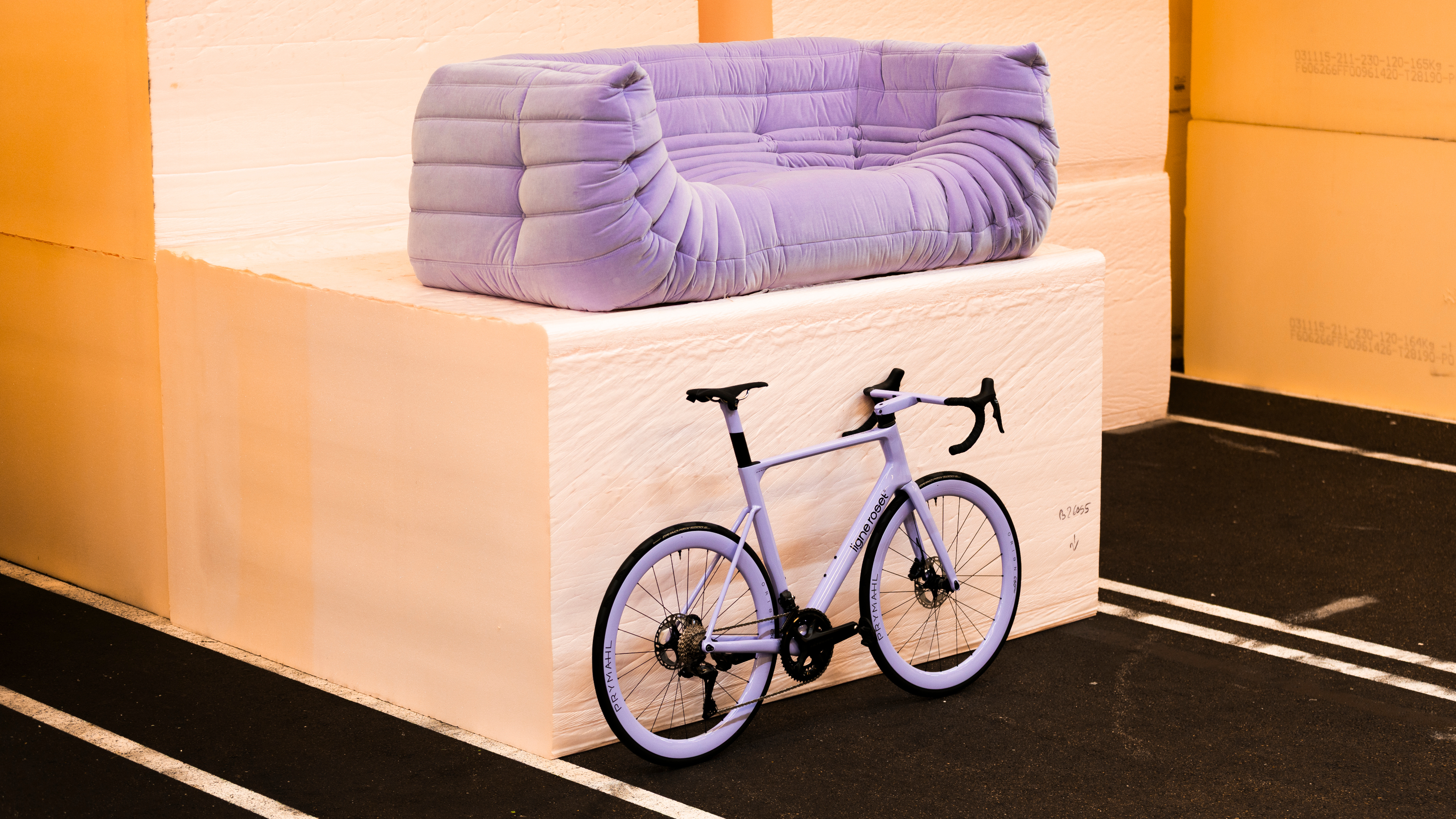 Ligne Roset teams up with Origine to create an ultra-limited-edition bike
Ligne Roset teams up with Origine to create an ultra-limited-edition bikeThe Ligne Roset x Origine bike marks the first venture from this collaboration between two major French manufacturers, each a leader in its field
By Jonathan Bell
-
 The Subaru Forester is the definition of unpretentious automotive design
The Subaru Forester is the definition of unpretentious automotive designIt’s not exactly king of the crossovers, but the Subaru Forester e-Boxer is reliable, practical and great for keeping a low profile
By Jonathan Bell
-
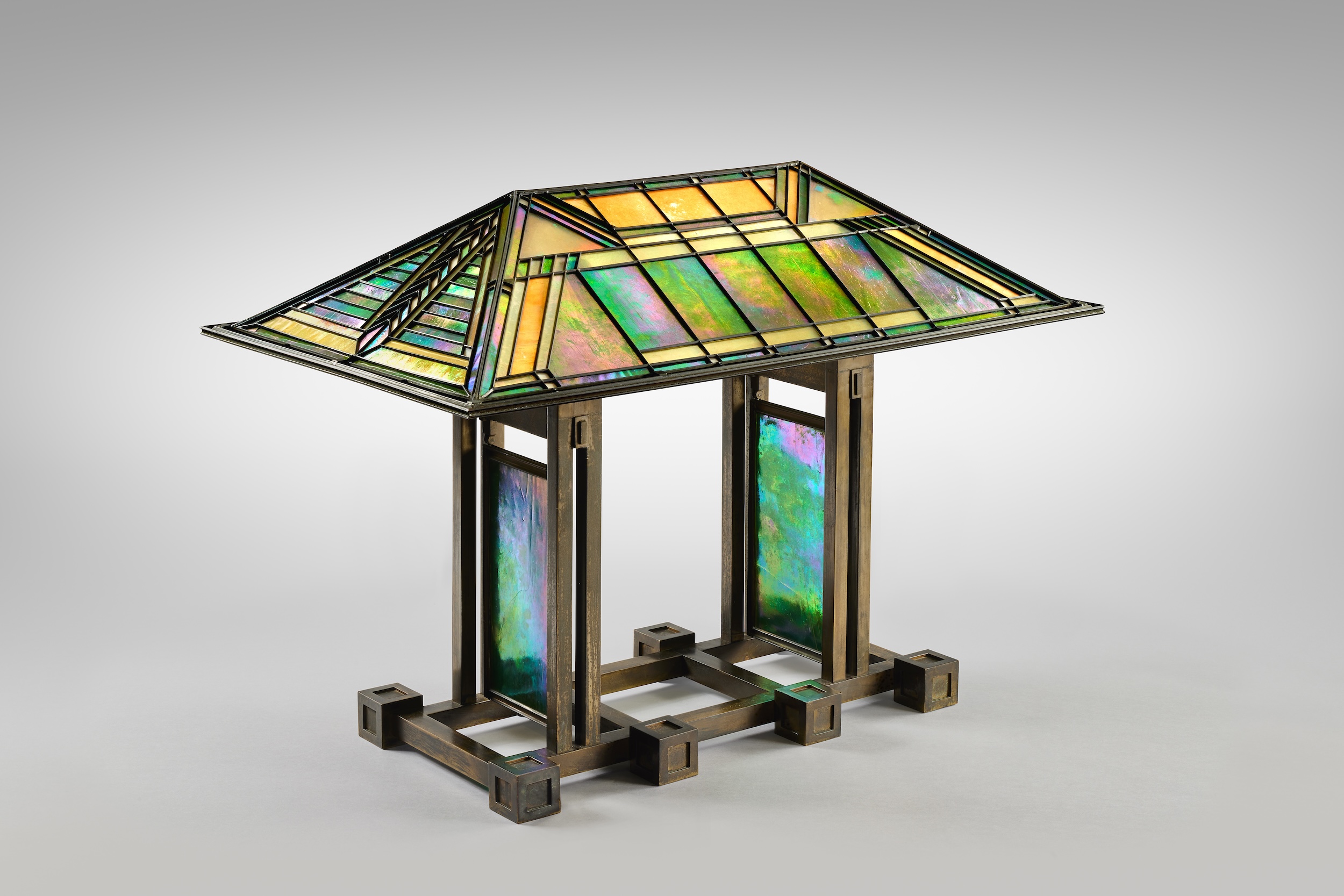 Sotheby’s is auctioning a rare Frank Lloyd Wright lamp – and it could fetch $5 million
Sotheby’s is auctioning a rare Frank Lloyd Wright lamp – and it could fetch $5 millionThe architect's ‘Double-Pedestal’ lamp, which was designed for the Dana House in 1903, is hitting the auction block 13 May at Sotheby's.
By Anna Solomon
-
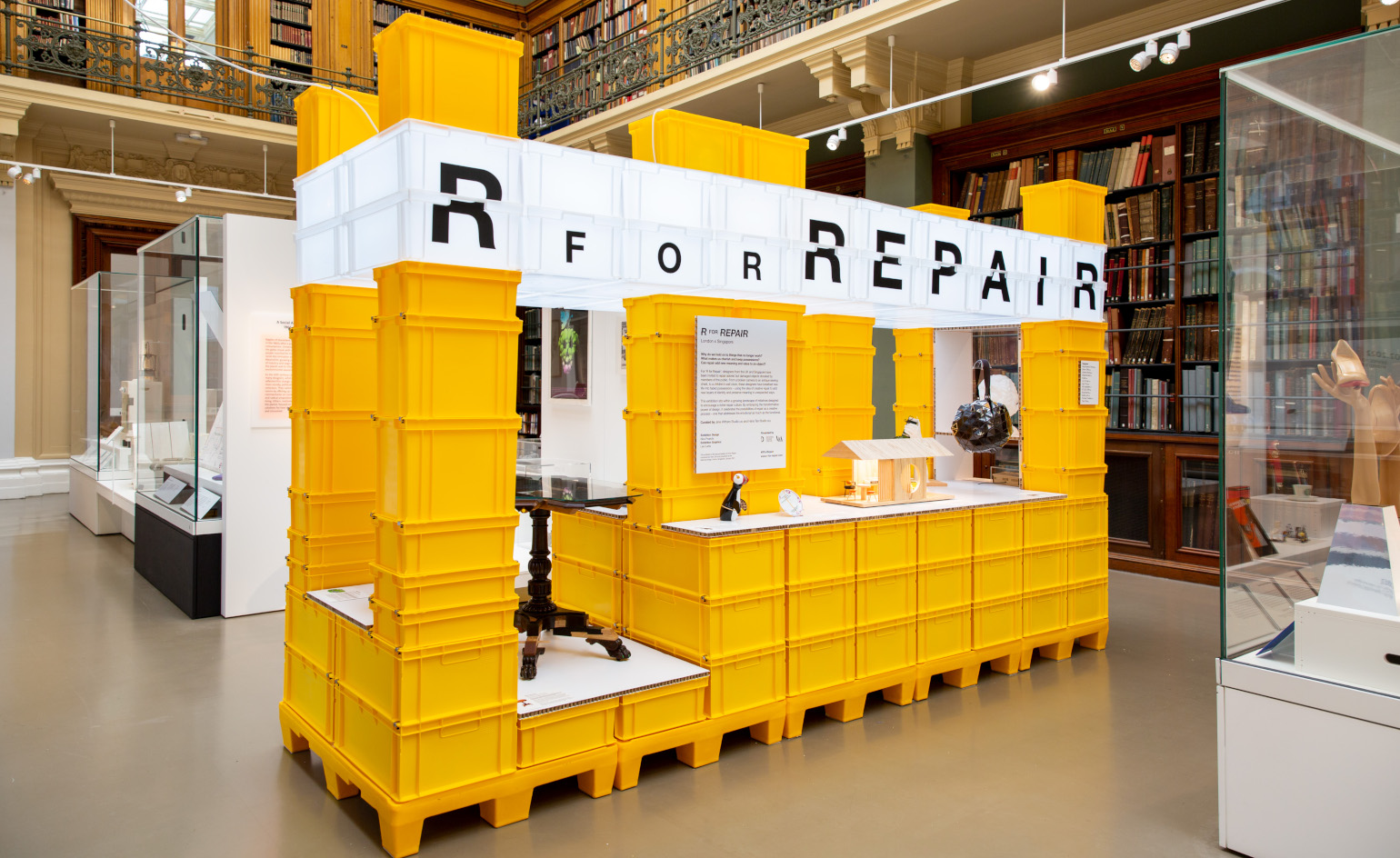 ‘R for Repair’ at London Design Festival displays broken objects, re-formed
‘R for Repair’ at London Design Festival displays broken objects, re-formedIn the second half of a two-part exhibition and as part of London Design Festival 2022, ‘R for Repair’ at the V&A displays broken objects, re-formed
By Martha Elliott
-
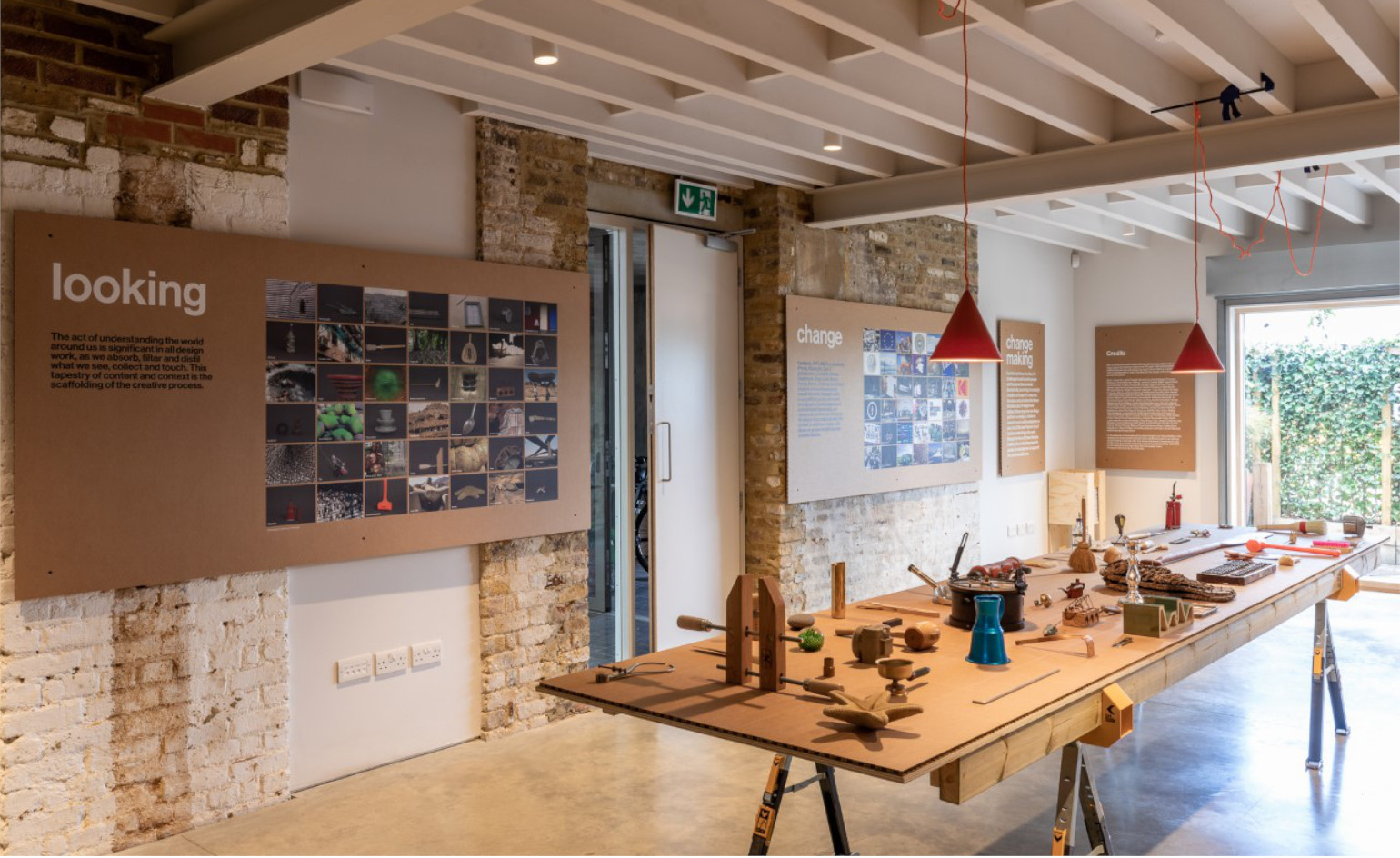 ‘Finding quality through the act of making’: Pearson Lloyd celebrates 25 years of design
‘Finding quality through the act of making’: Pearson Lloyd celebrates 25 years of designPearson Lloyd’s show ‘Change Making’ reflects on past designs from its archives, showcasing the influences on and evolution of the studio, from furniture design to the NHS
By Martha Elliott
-
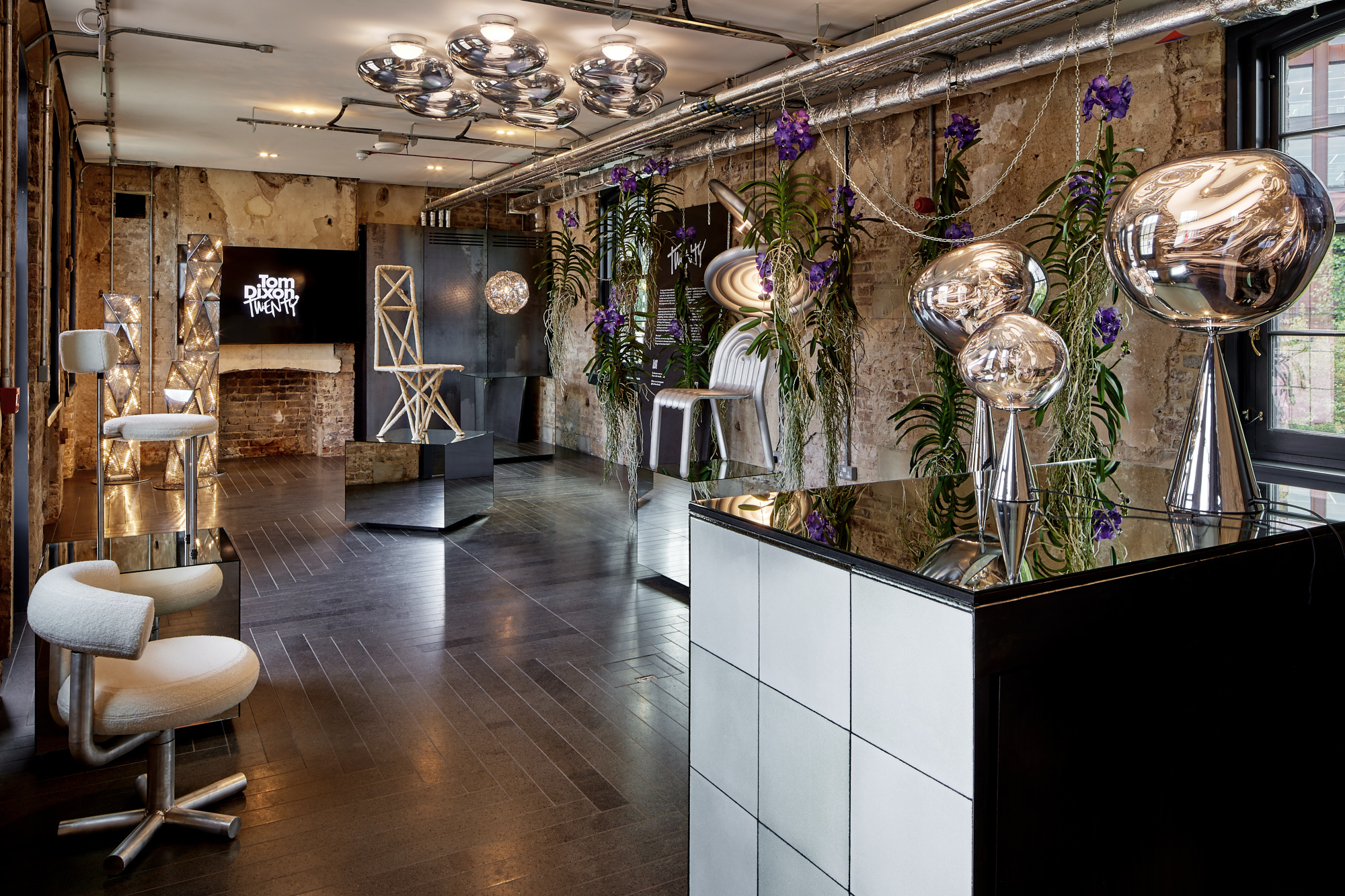 Tom Dixon marks his studio's 20 years with a show of design experiments
Tom Dixon marks his studio's 20 years with a show of design experimentsMushroom, cork, steel coral and more: Tom Dixon showcases an overview of his design experiments as he celebrates his practice's 20 years
By Rosa Bertoli
-
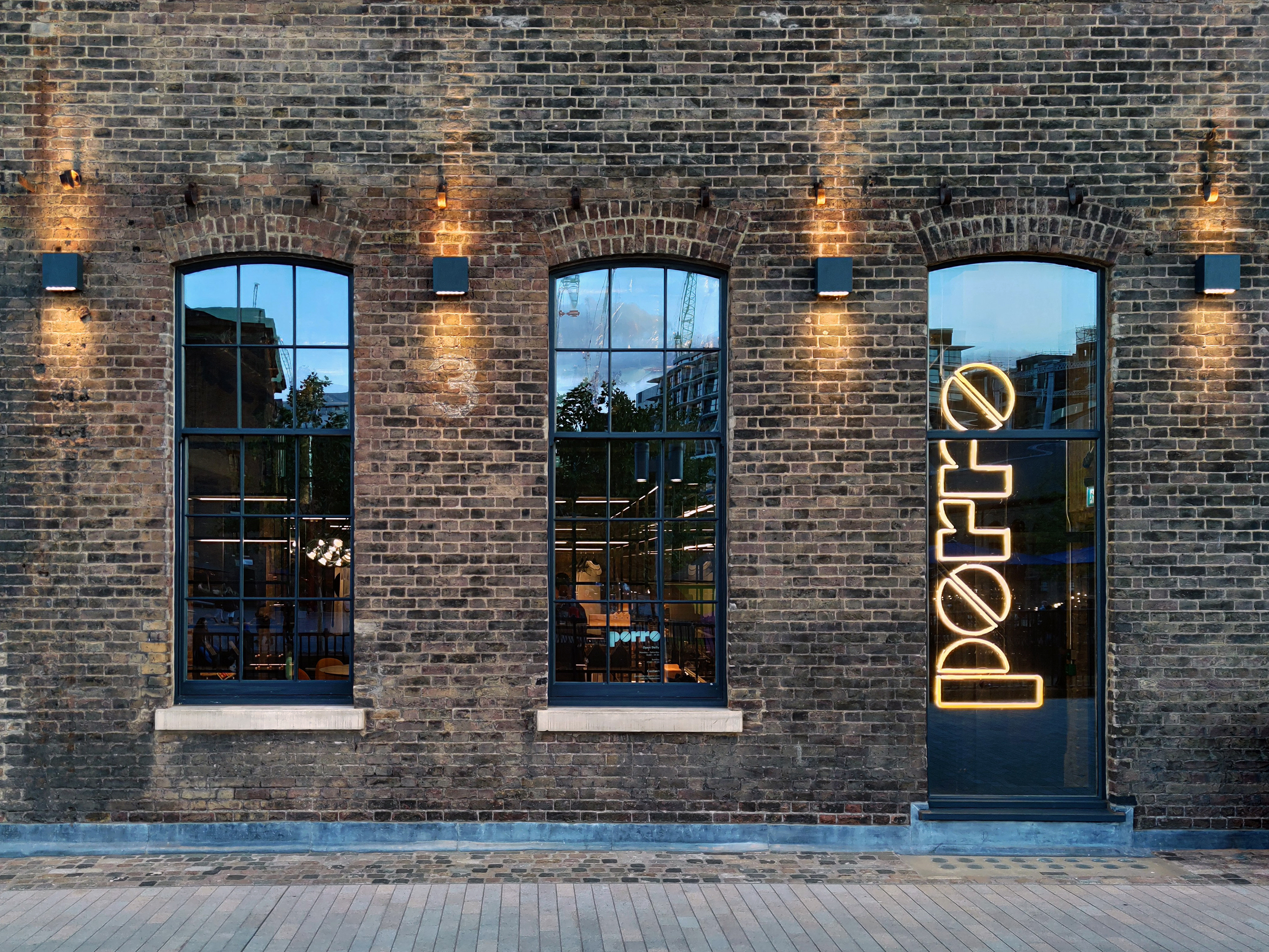 Porro unveils new London showroom at Coal Office
Porro unveils new London showroom at Coal OfficeLondon Design Festival 2022: industrial architecture meets pure geometries in the new Porro showroom, taking over a space within Tom Dixon’s Coal Office to showcase the brand’s systems and furniture
By Rosa Bertoli
-
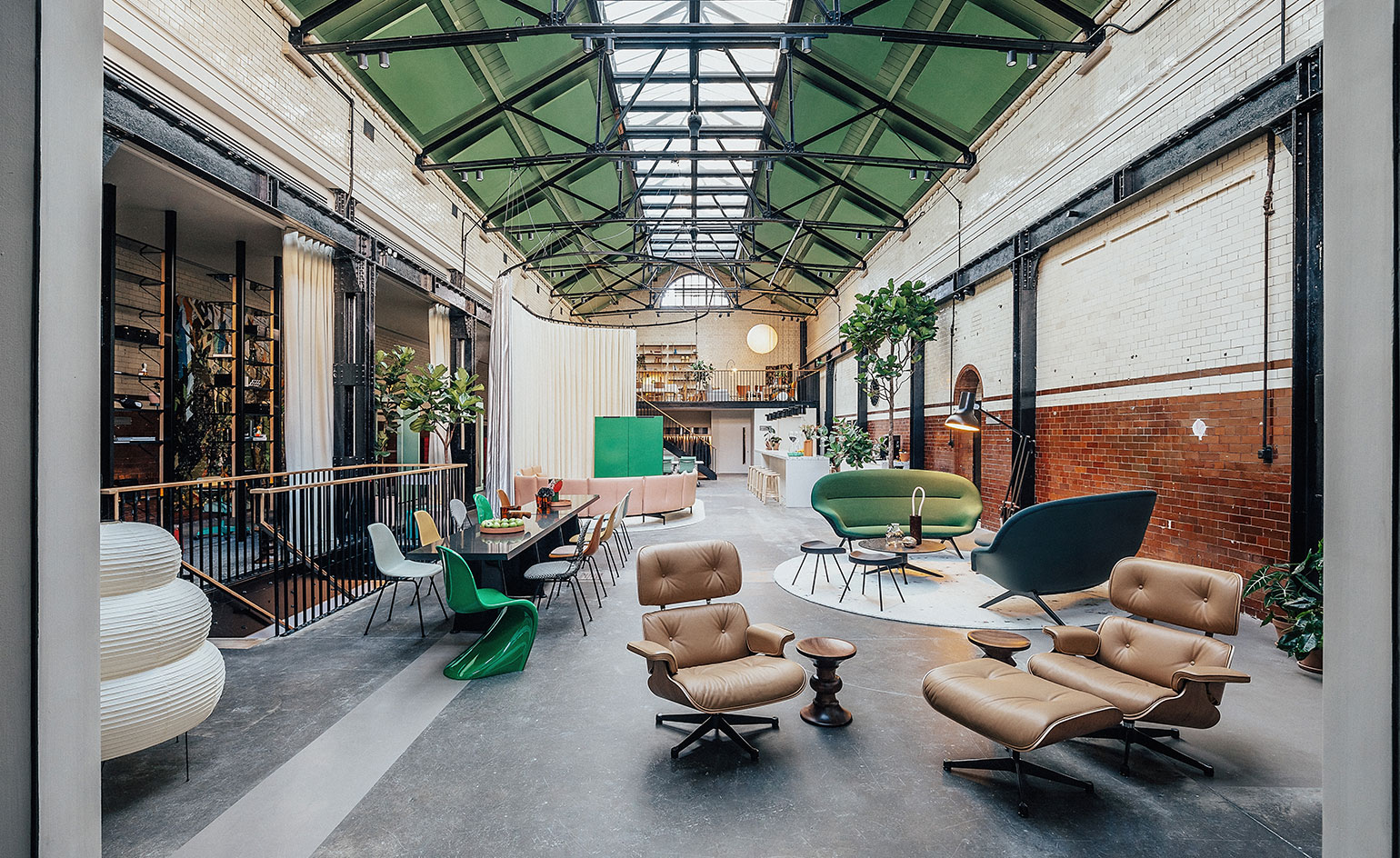 Vitra unveils new London home in the Tramshed, Shoreditch
Vitra unveils new London home in the Tramshed, ShoreditchLondon Design Festival 2022: after a year-long renovation, Vitra opens the door to its new showroom in the heart of Shoreditch
By Rosa Bertoli
-
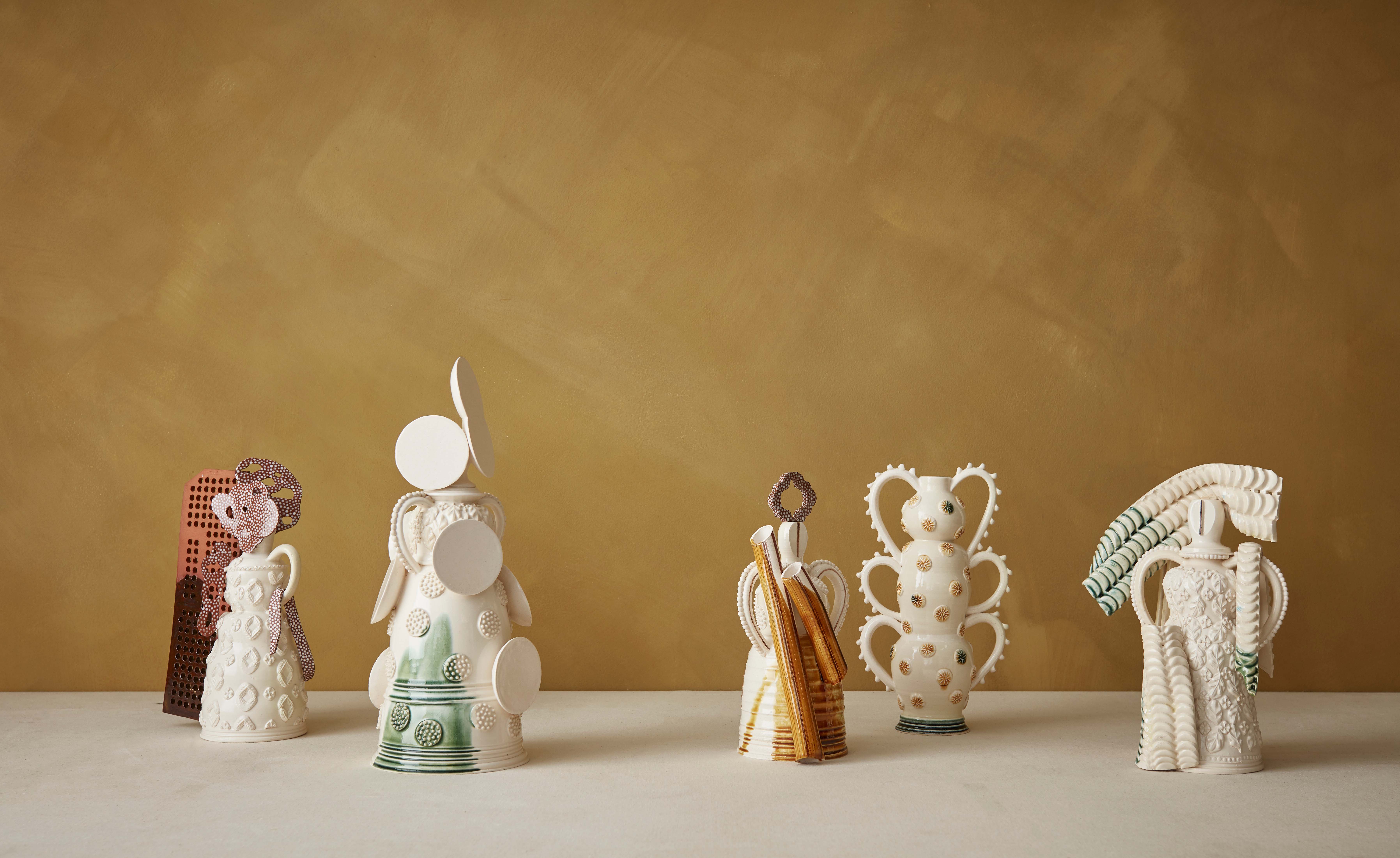 Mudlarking beside the River Thames inspires The New Craftsmen’s makers
Mudlarking beside the River Thames inspires The New Craftsmen’s makersLondon Design Festival 2022: The New Craftsmen’s new collection, ‘Claylarks’, features work from a group of creatives inspired by a River Thames mudlarking expedition
By Mary Cleary
-
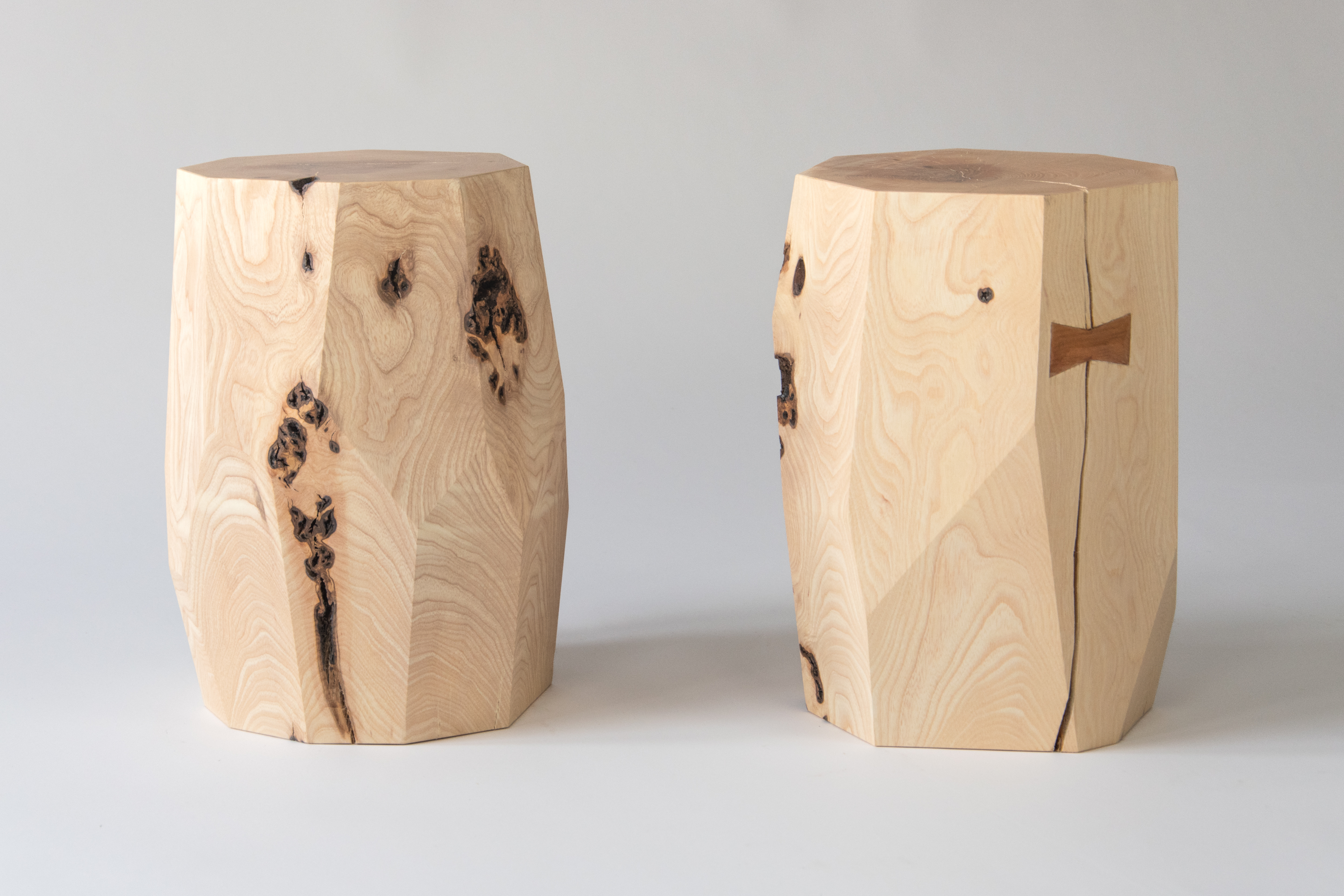 One tree, ten designers: SCP presents The One Tree Project at London Design Festival
One tree, ten designers: SCP presents The One Tree Project at London Design FestivalLondon Design Festival 2022: SCP enlisted ten British designers to create furniture and objects from a felled ash tree from founder Sheridan Coakley's Hampshire garden
By Francesca Perry
-
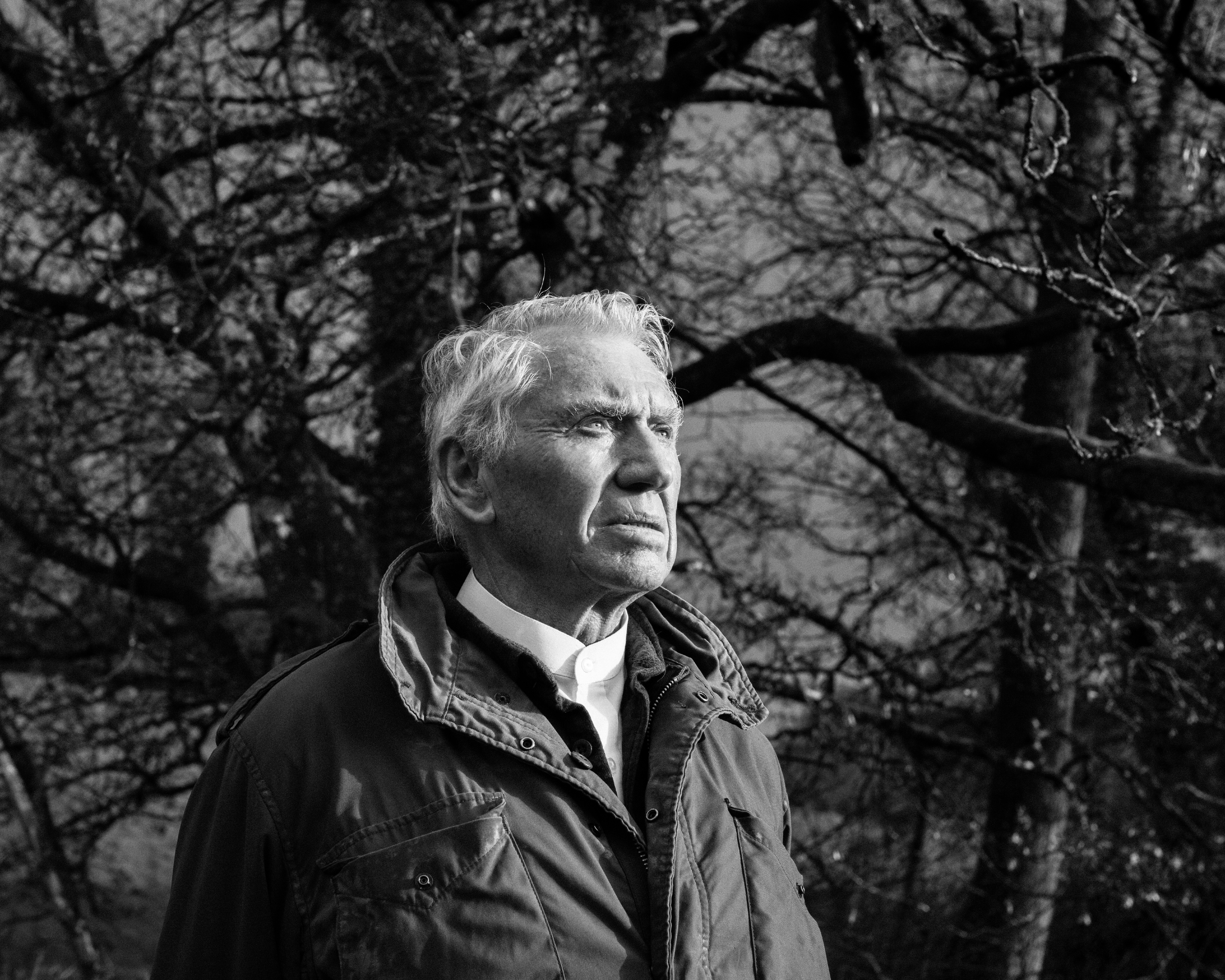 London Design Medals 2022
London Design Medals 2022London Design Medals 2022 are awarded to costume designer Sandy Powell, architect Indy Johar, researcher Joycelyn Longdon and photographer Sir Don McCullin
By Rosa Bertoli